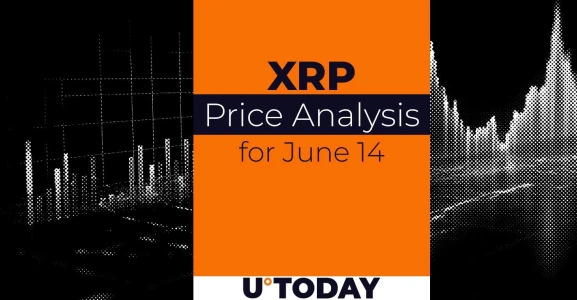
Senators Scrutinize Meta's Stablecoin Ambitions: Implications for the Crypto Landscape
Senators Warren and Blumenthal are demanding answers from Meta over renewed stablecoin plans, warning of risks to competition and privacy.[...]
Meta's Stablecoin Ambitions Raise Regulatory Alarms
Senators Warn of Monopolistic Risks as Meta Explores Crypto Payments
Democratic Senators Elizabeth Warren and Richard Blumenthal have sent a strongly worded letter to Meta CEO Mark Zuckerberg, pressing for details about the company's renewed interest in stablecoin payments. This development highlights growing concerns about major technology firms entering the cryptocurrency space.
A Troubled Past Haunts Meta's Crypto Aspirations
The senators' inquiry follows Meta's unsuccessful Libra project, which faced intense regulatory pushback and political opposition before being abandoned in 2019. The rebranded Diem initiative ultimately sold its assets in 2022, leaving behind skepticism about Meta's financial technology ambitions.
Consolidating Economic Power: A Concerning Prospect
With Meta's massive user base of 3.5 billion people, the senators warn the company could amass significant economic influence that might stifle competition. They also raise alarms about potential threats to financial privacy and the risks of transferring control over monetary systems to dominant platforms with questionable track records.
Stablecoin Risks: Surveillance, Targeted Advertising, and Data Monetization
The letter outlines several potential dangers of Meta controlling a stablecoin, including deeper intrusion into consumer transactions, enhanced surveillance capabilities, more aggressive targeted advertising, and potential exploitation of sensitive financial data through third-party sales.
A Tug-of-War in Congress: The GENIUS Act and Regulatory Scrutiny
This investigation coincides with Senate consideration of the GENIUS Act, legislation that could potentially authorize major tech companies to issue stablecoins. Senator Warren has sharply criticized the proposal, arguing it would enable corporate overreach in financial systems.
As cryptocurrency adoption grows, this conflict between tech corporations, regulators, and policymakers will shape the future of digital finance and determine how power is distributed in the evolving financial technology landscape.
Most Viewed News








